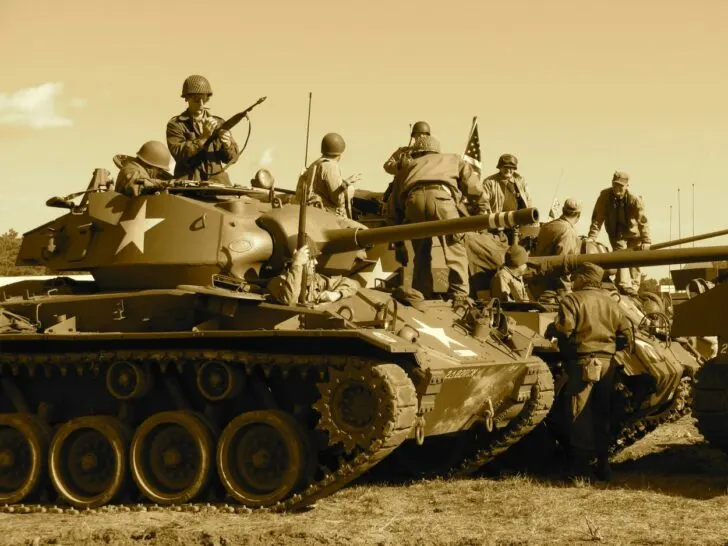Suppose one is deciding to pursue a career in health care. In that case, U.S. Army medics and U.S. Navy corpsmen are specialties in the military whose job involves rendering treatments to injured or sick people. However, there are a few major differences between these two specialties.
- Army Medic
A U.S. Army medic, also known as a combat medic specialist, is a soldier in the U.S. military. Their main responsibility is to provide medical care in an emergency to the members who are in combat or in training settings. Every platoon of soldiers has Army medics as it ensures that if there is an injury, someone is present who can treat injuries on the spot. Moreover, medics serve in many situations besides combat, support doctors in an aid station, assist in procedures, and operate medical equipment in military clinics and hospitals.
Here is a video where you will see Army Medics and how they do what they do.
- Corpsmen
A hospital corpsman or corpsman is a medical specialist who works in the United States Navy and may also serve in a U.S. Marine Corps unit. They work in many capacities and locations, including naval hospitals and clinics, aboard ships, and also provide medical care to the sailors while underway. Moreover, corpsmen assist in treating a disease or injury and assist the health care professionals with rendering any medical care to sailors and their families.
The first major difference is, that Army Medic serves in the U.S. Army, whereas Corpsmen serve in the Navy. Moreover, Army medics are assigned to a group of soldiers when going into combat, meaning Army medics join the soldiers in the combat, while Navy corpsmen don’t even see combat up close, they basically serve in hospitals, clinics, and aboard ships, and submarines. Corpsmen are addressed as “Doc” and Army medics are solely medics.
Here is a table for all the differences between Army Medic and Corpsmen.
| Army Medic | Corpsmen |
| Army Medics serve in the U.S. military | Corpsmen serve in the Navy |
| Navy corpsmen serve in hospitals, clinics, aboard ships and submarines. | Corpsmen are addressed as “Doc.” |
| Army medics carry weapons. | Corpsmen are addressed as “Doc” |
| Army medics carry weapons | Corpsmen don’t need a weapon as they don’t enter the battlefield |
Keep reading to know more.
What are Army Medics?
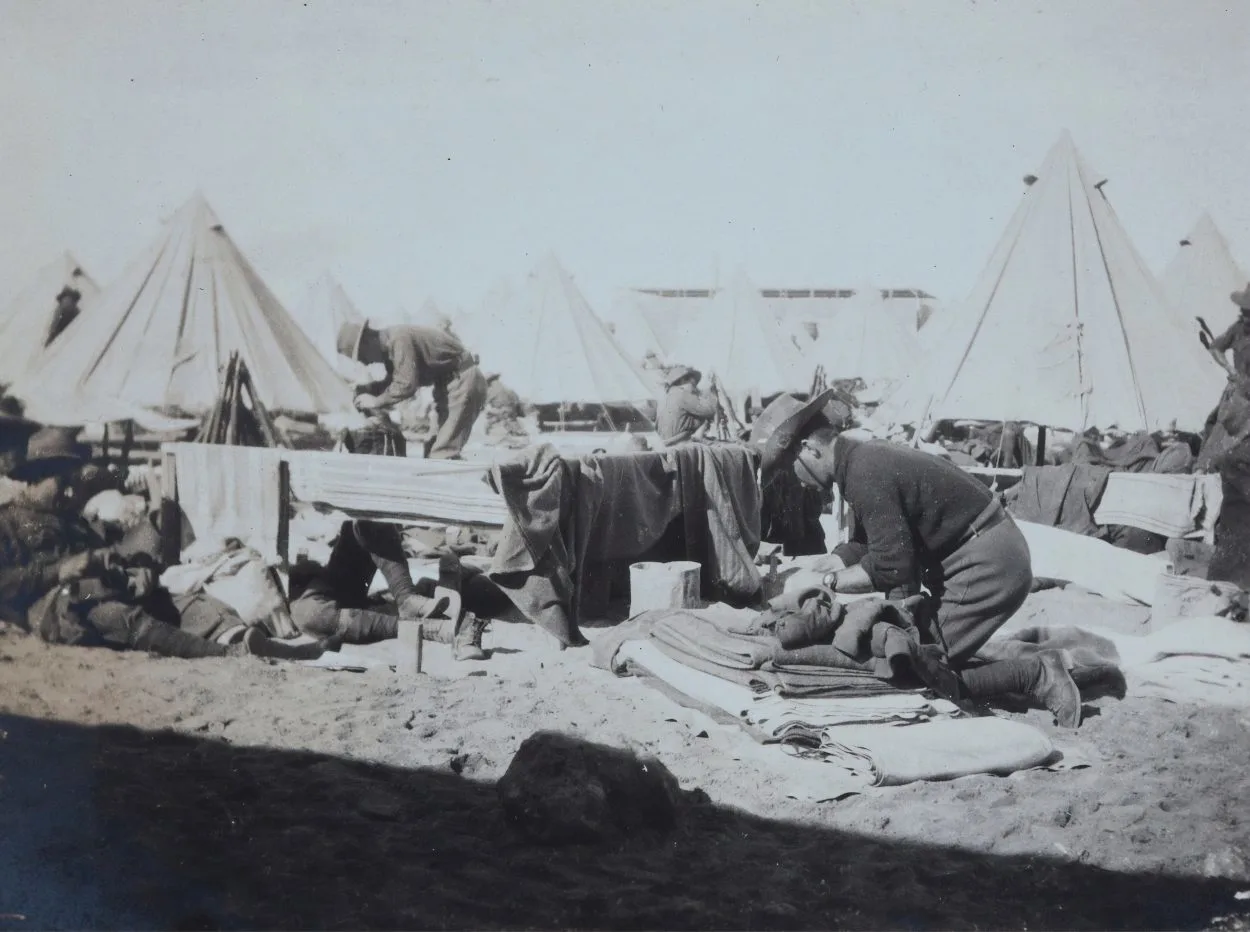
Army medic, also known as Combat medic is a soldier in the U.S. military. They are responsible for treating a wounded member in an emergency in a combat or training environment. They are also in charge of primary care, health protection, and evacuation from a location of injury or illness.
Every platoon of soldiers has an assigned combat medic. Moreover, combat medics also work in clinics and hospitals to assist with procedures and operate medical equipment.
Combat Medics are given a certificate from the EMT-B (Emergency Medical Technician, Basic) after graduation; their scope of practice surpasses that of paramedics. Furthermore, their scope is expanded by the provider assigned to the unit, who supervises the protocols and training of assigned medical personnel. Combat medics have an incredible career that follows progress, and each rank above Specialist/Corporal (E4) requires additional skills and knowledge.
What are Corpsmen?

Corpsmen are enlisted medical specialists serving in the United States Navy and the U.S. Marine Corps. They work in many locations and capacities as well as shore establishments, like naval hospitals, naval clinics, aboard ships, and as the main medical care providers for sailors while underway.
In addition, they may also perform duties like assisting in treating or preventing a disease, injury, or illness and helping professional health caregivers provide medical care to the sailors and their families.
Moreover, qualified corpsmen may be given the responsibility of aboard ships or submarines, including Fleet Marine Force, Seabee, and SEAL units, and often at an isolated duty station with no medical officer present. Corpsmen are versatile and can perform as clinical or specialty technicians, health caregivers, and medical administrative personnel. They also work on the battlefield with the Marine Corps to provide medical treatment in times of emergency.
The address in a colloquial form is “Doc” for a hospital corpsman. Generally, this term is used as a sign of respect in the United States Marine Corps.
Is a corpsman the same as a medic?
Corpsmen are addressed as “Doc” in the United States Marine Corps, not medics; a corpsman’s job is far more technical and versatile than a medic’s.
Medics assist the professionals, whereas qualified corpsmen can be given many responsibilities, like performing as clinical or specialty technicians, health caregivers, and medical administrative personnel.
What does a medic do in the army?
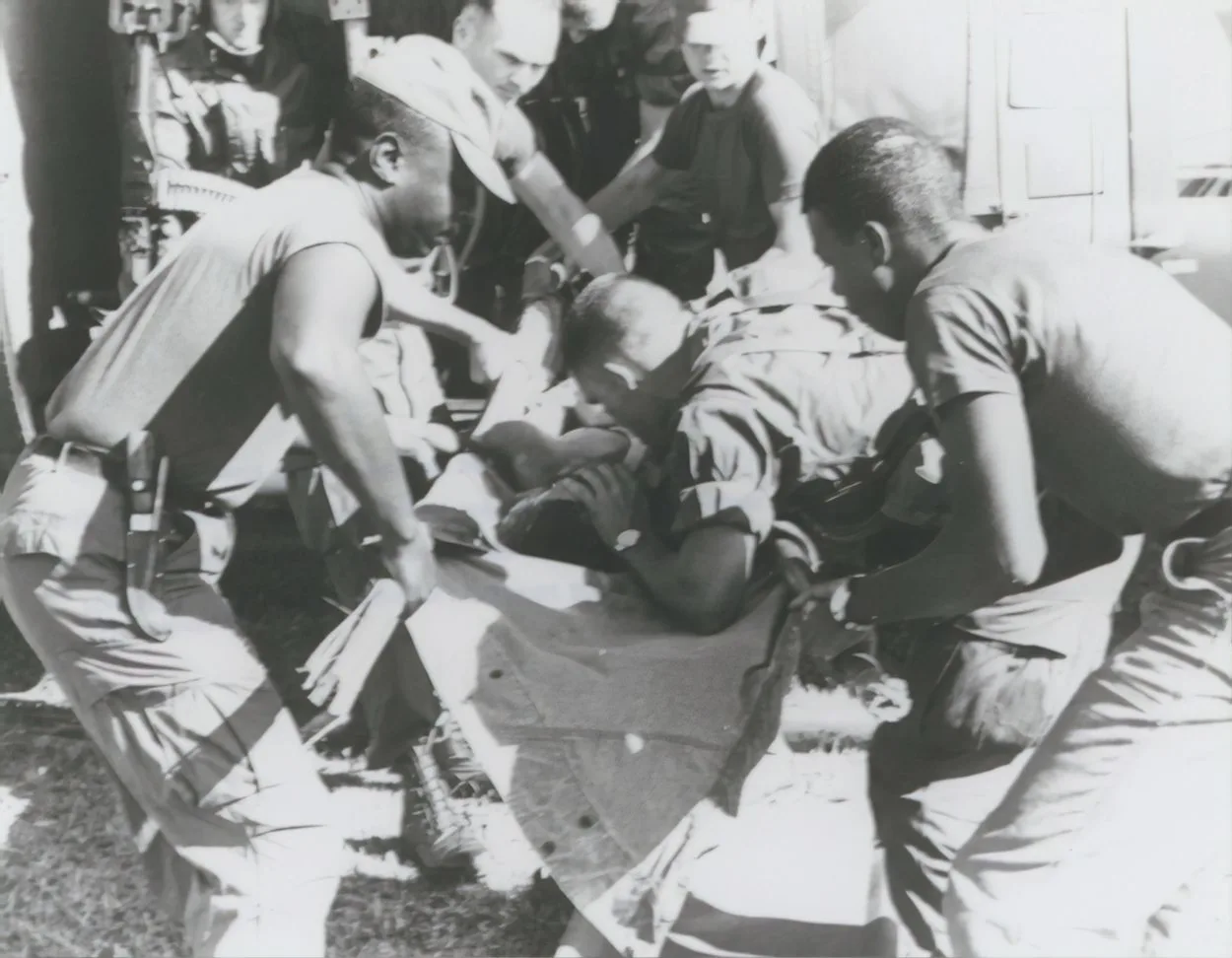
An Army medic has many responsibilities than just treating a wound. Medics are assigned to combat support hospital units, military treatment units, and surgical teams, where they can take up almost any role, from administrative duties to laboratory and medical equipment operations.
The work of an army medic is dangerous, too, as each platoon of soldiers is assigned an army medic when going to combat. Trained medics may even diagnose an illness or perform procedures usually performed by Advanced Practice Providers.
Do medics fight in combat?
Army medics are trained soldiers who undergo the same training as all the soldiers. In this basic training, they are taught to protect themselves if attacked by an enemy; for instance, during the treatment of a wounded soldier, a combat medic will use skills that they are taught to avoid mines and other hidden explosive devices. They are also taught how to enter and exit a building safely.
Combat medics are given the same basic weapons training as every other soldier, meaning they carry weapons too. Historically, combat medics didn’t carry weapons. However, today’s medics can carry weapons to defend only and not attack.
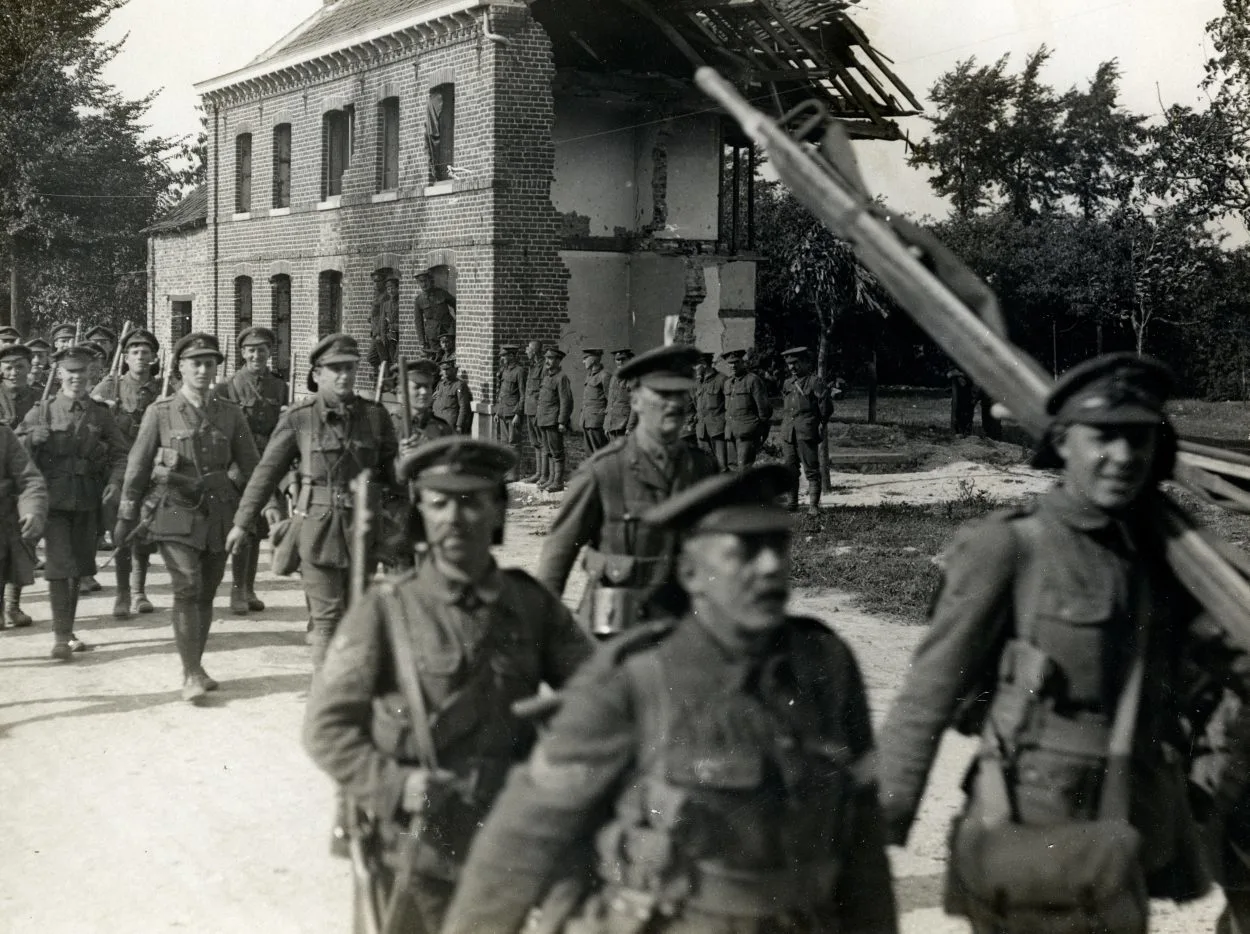
This change happened because not all enemies respect the doctrine, as doctors and medics have often found themselves attacked by enemies on the battlefield, even though the Geneva Conventions protect all medical personnel.
Medical team personnel wore a white armband with a red cross which is the Geneva Convention brassard, they wore this when searching, treating, and evacuating an injured soldier. As the Geneva Conventions brassard was worn to decrease the visibility of active medical teams, doctors and medics were still targeted. Thus, all the army medics and doctors were instructed to carry a pistol or a service rifle(M-16) and only to be used at times of self-defense.
What rank are corpsmen?
Navy corpsmen are classified by the HM rating, and at RTC, recruits have to start from the lowest enlisted rank, Seaman Recruit (E-1). The first three ranks are:
- E-1
- E-2
- E-3
They are referred to as apprenticeships. Moreover, the HM rate is designated as Hospitalman Apprentice (HA for E-2) and Hospitalman (HN for E-3).
Hospital Corpsmen are ranked from Petty Officer 3rd Class (E-4) to Petty Officer 1st Class (E-6), and their primary responsibility is to provide for the soldier and their families.
Navy corpsmen, like Supply Corps and Medical Corps, are designated as commissioned officers. Corpsmen who are ranked in the Navy may also assist doctors, pharmacists, healthcare administrators, physical therapists, and Navy medical professionals.
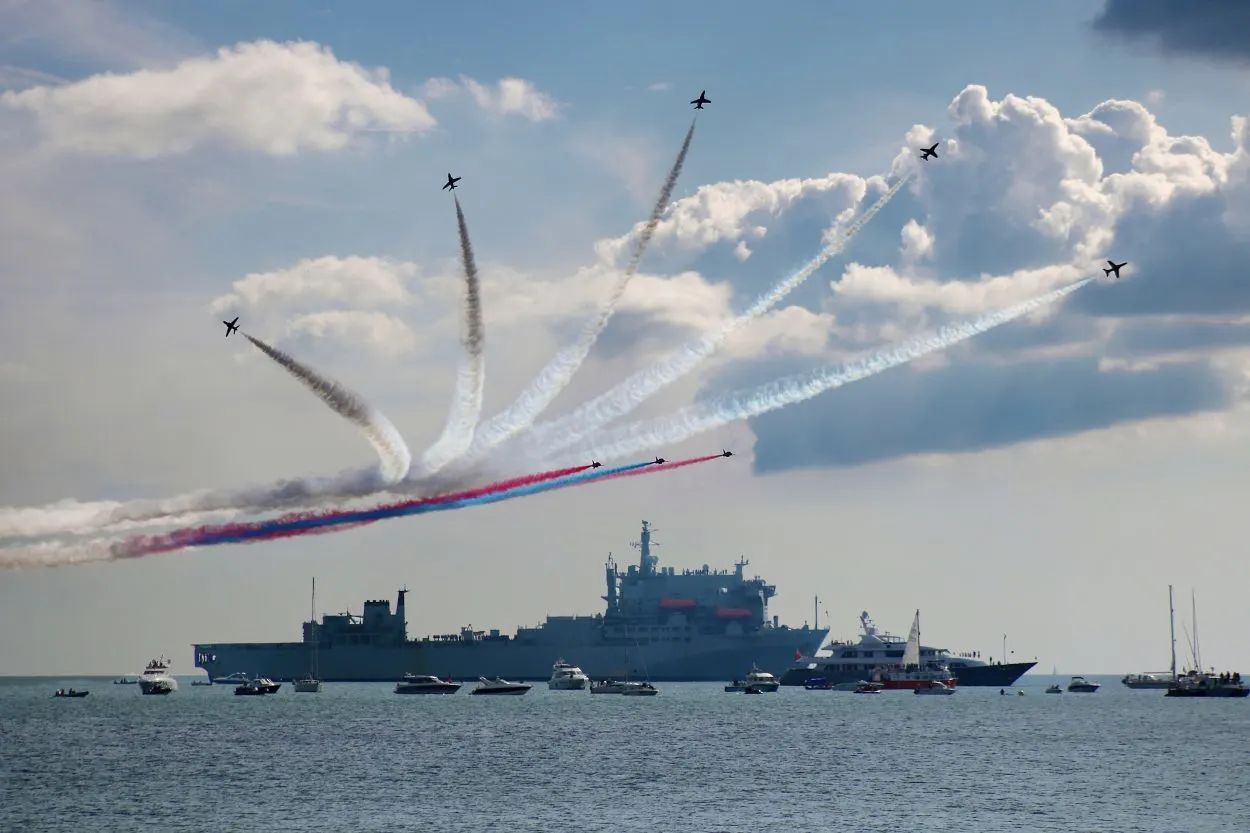
To Conclude
- U.S. Army medics and U.S. Navy corpsmen play crucial roles in providing medical care in the military.
- Army medics, or combat medic specialists, are part of the U.S. Army. They are responsible for emergency medical care in combat and training settings.
- Navy corpsmen serve in the U.S. Navy and U.S. Marine Corps units. They primarily work in naval hospitals, clinics, and aboard ships. They have to provide medical care to sailors.
- A key difference is that Army medics can be deployed into combat zones. While Navy corpsmen typically do not directly engage in combat.
- Army medics are integral to combat platoons. They ensure immediate medical attention is available when needed.
- Corpsmen are often addressed as “Docs” and have diverse roles. They are assisting healthcare professionals and working in various medical capacities.
- Army medics and Navy corpsmen play vital roles in military healthcare. But have distinct responsibilities and deployment areas.
- While combat medics are trained to carry weapons for self-defense, in contrast, corpsmen are primarily focused on providing medical care in non-combat settings.

